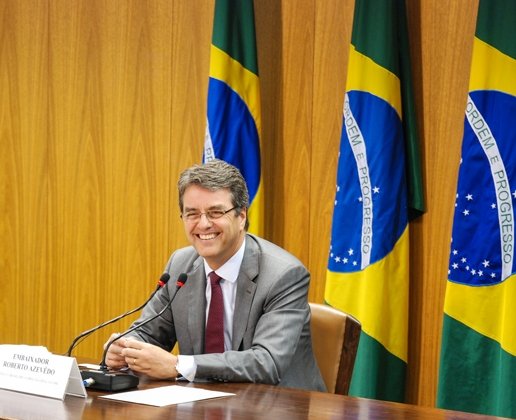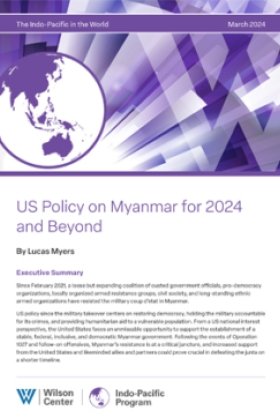Lessons of Azevedo's Victory at the WTO
Paulo Sotero, director of the Brazil Institute, gives his take on the recent election of Roberto Azevedo to lead the WTO

Financial Times, 05/09/2013
The process that culminated Tuesday with the selection of Roberto Azevêdo of Brazil (pictured) to lead the World Trade Organization is a precious opportunity for the international community to move away from the increasingly balkanized system of trade that gained ground in the past decade as the United States and the European Union lost political and economic capacity to dictate global rules.
Those, including many in Brazil, who attribute Azevêdo’s victory to the diminished importance and role of the WTO underestimate both the urgency of revaluing multilateralism in a world still dealing with the consequences of its worst financial crisis in 80 years, and the energy and personal credibility this engineer turned diplomat will bring to the task of building bridges and reaching consensus among nations.
The selection process left a few scars. It also revealed the political creativity of governments able to think strategically and accept that the Brazilian candidate was the most qualified to push the trade agenda forward. The Obama administration is a case in point. It was assumed from the start, especially in the self-referential world of think thanks, that Washington would back Herminio Blanco, the able but not particularly liked former Mexican minister of trade and NAFTA negotiator. Blanco did get the US vote, but barely.
About the Author


Brazil Institute
The Brazil Institute—the only country-specific policy institution focused on Brazil in Washington—works to foster understanding of Brazil’s complex reality and to support more consequential relations between Brazilian and US institutions in all sectors. The Brazil Institute plays this role by producing independent research and programs that bridge the gap between scholarship and policy, and by serving as a crossroads for leading policymakers, scholars and private sector representatives who are committed to addressing Brazil’s challenges and opportunities. Read more









